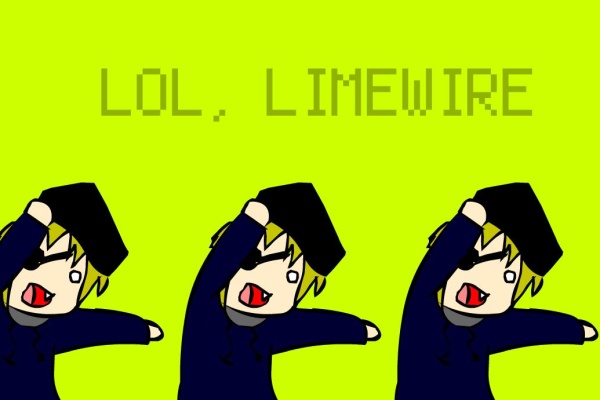LimeWire, the file sharing service that was shutdown by a federal judge last month, has published a new warning on its website. In the notice, LimeWire says it is taking steps to comply with the October 26 court order that stopped the company from distributing its software. The company also makes a cease and desist claim for software using the LimeWire, and though it doesn't mention it explicitly, we all know it is referring to the recently launched LimeWire Pirate Edition (LPE).
"We have very recently become aware of unauthorized applications on the internet purporting to use the LimeWire name," the warning reads. "We demand that all persons using the LimeWire software, name, or trademark in order to upload or download copyrighted works in any manner cease and desist from doing so. We further remind you that the unauthorized uploading and downloading of copyrighted works is illegal."

LPE is the work of an anonymous team that decided to resurrect the Gnutella-based file-sharing client after its creators had to close their doors due to copyright law infringements. LPE is an improvement on the latest LimeWire 5.6 beta (released earlier this year, before LimeWire's demise): the Ask toolbar has been unbundled, dependencies on LimeWire LLC's servers have been removed, remote settings have been disabled, and all the features of LimeWire Pro have been switched on for free. All adware, spyware, and advertising has also been removed.
This cease and desist likely won't have any effect. LPE has already spread very quickly and is available pretty much anywhere you look. Even if the authors, who are making a point to stay anonymous, suddenly wanted to listen to the creators of the original LimeWire, they would have a very hard time trying to kill off LPE.